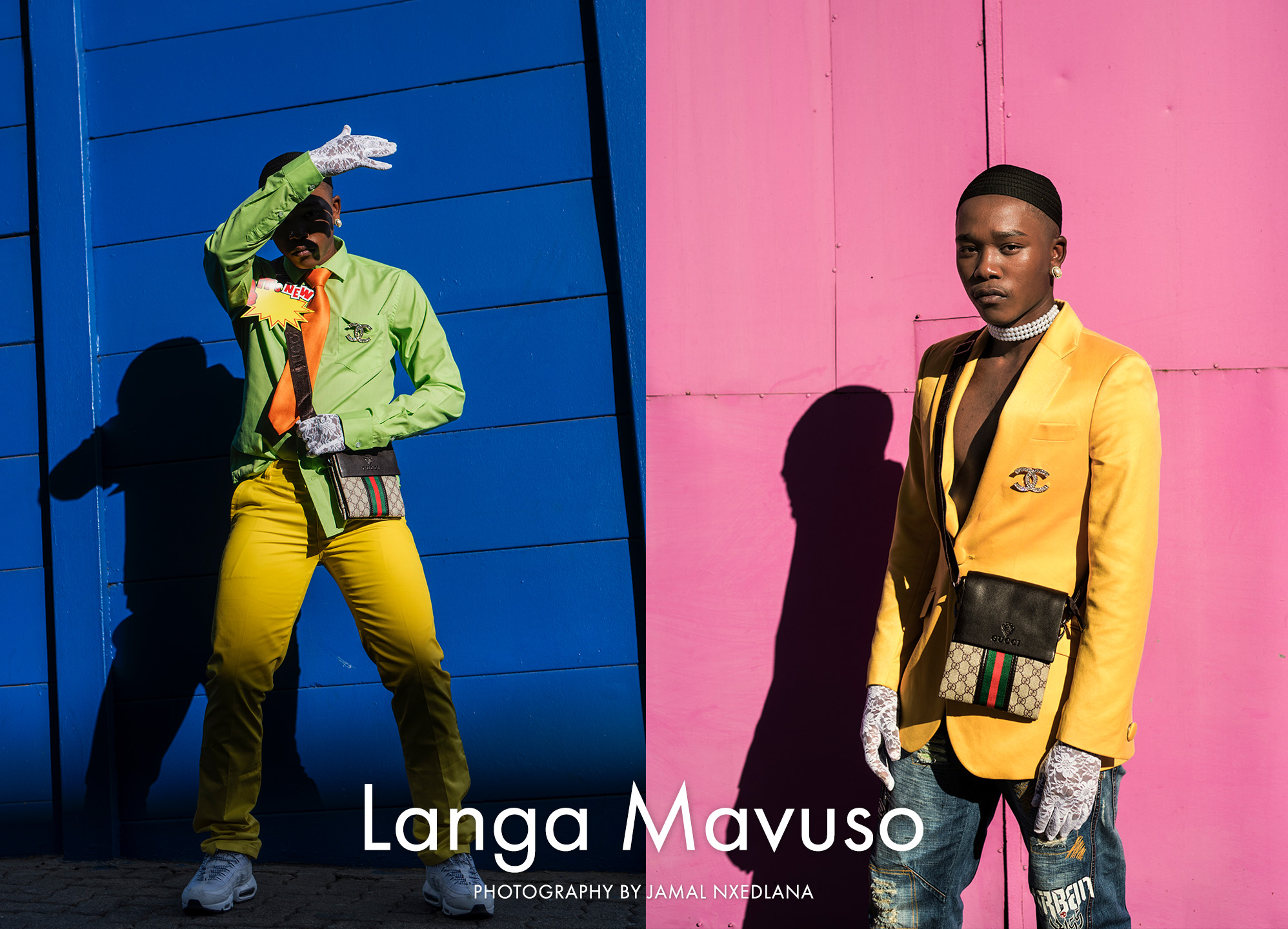Gavin Krastin’s name has been popping up in art circles for some time now, and is often accompanied by shocking titles, graphic images, or sensational writing in an attempt to translate a performance into a written text. However, through conversation with the artist about his practice, it quickly became apparent that a critical and considered project was underway, and that elements of horror and shock were used as formal conceptual devices in service of this project.
If being an artist wasn’t risking enough, venturing into performance certainly is. Despite bemoaning and often calling out the existing structures for not providing enough support for performance artists; not taking enough risks “due to the dreaded F word: funding,” Krastin has not let this hold him back. He challenges not only artists, but “curators, funders, festivals and programmers too, who too often expect artists to take risks but take little risk themselves, or in some instances turn their back on you when your risk doesn’t quite turn out as planned (no doubt reducing one’s art to a purely monetary value and an exercise in branding).” His work is bold, and his practice is creative, finding ways to sustain himself and his projects despite the obstacles.

He has been teaching and working at universities (UCT and Rhodes) for the past 6 years as a para-academic, or as he referred to himself, tongue-in-cheek, as “an academic wet nurse.” He has been teaching artists in the theatre-making, contemporary performance and movement studies arenas. Facing the struggles of working in an institution head-on, Krastin’s pedagogical approach, much like in his art practice, is to “stir curiosity and entice a playing field of questioning,” with the risks of such “stirrings” being vital to embarking on “radical embodied research.” Teaching is not simply a side-job, but rather Krastin considers the aspects that comprise his practice as “largely inseparable; as if his arts practice, teaching, research, facilitation and curation create an asymmetrical web of sticky intersecting trajectories, and thus the critiques of whiteness at university level continue to influence him and his socially-engaged work.”
While directing is something in his repertoire, when it comes to his own performances Krastin uses his own body, as he cannot “expect someone else to endure” what he imagines. He uses his body as a means to “occupy, subvert and challenge notions of presentation and representation (which almost act as an incubator of historical trauma).” The performances are grotesque because the body is grotesque and shocking, but has been hidden behind “constructed compartments, boarders and adornments such as culture, religion, politics, language, names and epistemologies in order to contain, control, conceal and rationalise our human messiness.” He views his artistic project as one that “unveils such structures, embodying a body for what it is – a network of organs in extremity and oppression, but desiring production.” This minor revolt against the status quo is one that arises from a place of surprising vulnerability, humility and courage.

Krastin is ambitious and involved in many projects: He is assisting in an upcoming choreographic work authored by Alan Parker and Gerard Bester with the Dance Umbrella in March. He is also curating a group show of performance art in Cape Town, called ‘Arcade’, by young and/or recent Capetonian graduates – a venture which is sponsored by the National Arts Council and the Theatre Arts Admin Collective, resulting in paid artists – “because one can’t pay the rent with experience alone.” Currently Krastin even has some “performance detritus, or relics and used paraphernalia,” from his performance Pig Headed on display as part of a group exhibition called Provenance: A Performance Art Object Exhibition at Defibrillator Gallery in Chicago. A feature at the National Arts Festival in Grahamstown, festivals and gallery shows around the country and a creative research residency in Switzerland – it’ll be hard to miss this enigmatic artist in 2018.









